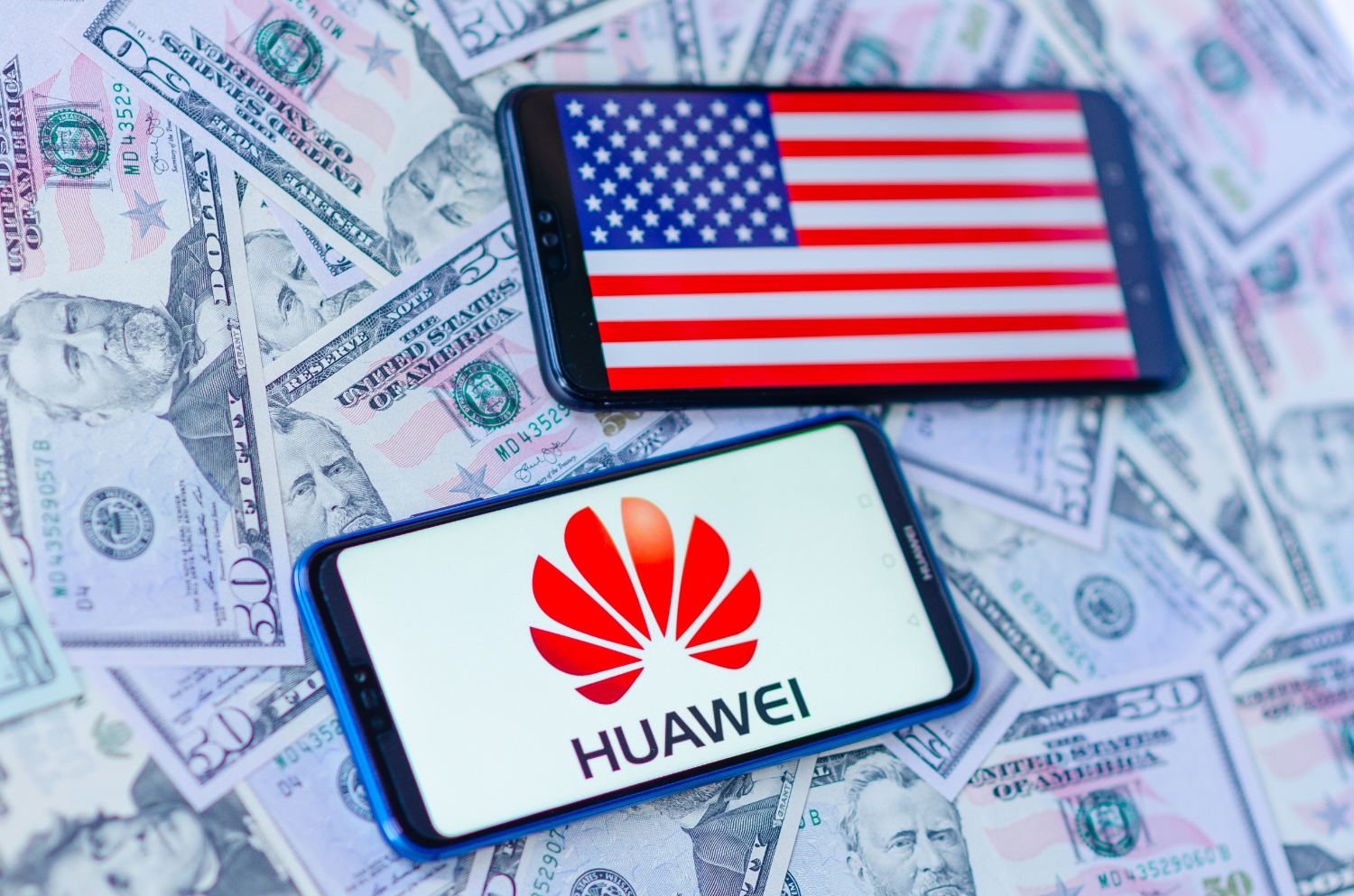Report: Huawei and US Chipmakers (Nearly) Admit Defeat
Huawei's facade of indifference to losing the American market started to show more cracks this weekend. Reuters said in two separate reports that the company reduced its revenue forecast for 2019 by $30 billion, which is the first time it's quantified the impact of the U.S. ban, as some of the American semiconductor industry's leaders attempted to convince lawmakers to rethink the extent of the restrictions.
The U.S. Department of Commerce added Huawei to the Entity List, which prohibits American companies from working with it unless they have special licenses, in May. While the ban was officially attributed to national security concerns, its announcement following unsuccessful trade talks between the U.S. and China made it seem like blacklisting Huawei was at least partly motivated by other factors as well.
American businesses--as well as some of their overseas counterparts like Arm and Tokyo Electron--were quick to sever ties with Huawei. But the company often made it seem like it could weather the U.S. ban somewhat easily. It was said to have stockpiled components, developed its own operating systems, and prepared itself for a shift to Chinese suppliers just in case such a ban were put in place.
But today, Huawei CEO Ren Zhengfei admitted the U.S. ban had a bigger impact than originally anticipated. (Which makes sense, given his warning that the company would probably have to start handing out pink slips, which arrived before the ban.) Zhengfei said that Huawei's prediction of making $125 to $130 billion this year has been revised to making $100 billion because of the blacklisting.
"We did not expect they would attack us on so many aspects," Reuters quoted him as saying, adding that he expects a revival in business in 2021. [...] We cannot get components supply, cannot participate in many international organizations, cannot work closely with many universities, cannot use anything with U.S. components, and cannot even establish connection with networks that use such components."
Another report said that executives from Intel, Qualcomm, Xilinx, and the Semiconductor Industry Association (SIA) trade group have pushed the U.S. government to reconsider the blanket ban on working with Huawei. Those efforts were characterized as self preservation on the American companies' part; it's hard to lose a customer as big as Huawei without suffering at least some drop in revenues as a result.
Reuters said these companies believe Huawei's smartphones, server, and the like don't pose the same national security risk as its 5G wireless equipment. If the company truly was banned as a matter of national security, preventing it from selling consumer devices in the U.S. (or using American parts in products sold abroad) could have a significant effect on their businesses with little security benefit.
Get Tom's Hardware's best news and in-depth reviews, straight to your inbox.
Both reports indicate that neither Huawei nor its American partners have been as steadfast in the face of the U.S. blacklisting as they seemed. Now the question is how many more cracks that facade can bear before it falls completely, because as long as Huawei is the preferred scapegoat in the U.S. and China's trade war, things are probably going to get worse before they get any better.

Nathaniel Mott is a freelance news and features writer for Tom's Hardware US, covering breaking news, security, and the silliest aspects of the tech industry.
-
Giroro Regardless of a US ban, I don't know why anybody would ever want to work with a company that actively incentivizes it's employees to steal proprietary information.Reply -
Co BIY I don't see support for the headline's "defeat" anywhere in the article. Yes, Huawei is finally admitting the obvious, that a tough US ban on it's global presence is going to hurt bad. But admitting a 30 billion revenue loss but retaining 100 billion both sounds survivable and is not alluded to as a defeat. There was no admission of spying or IP theft, no apology or promise to not continue these practices in the future.Reply
As for US chipmakers, I saw no change from previous information that they will lose a customer and associated revenue. Some a little on the margin and some a core customer that is very important. Where is the defeat ? I'm not sure if the US companies have a "side" ? It is clear that they want to sell to Huawei but they have been very measured in their comments. Their lobbying for easing the terms that hurt them the worst is not defeat. In fact lobbying for better terms for their individual financial positions may be legally required even if they backed a tough position on Chinese IP theft, mercantilism and espionage (which I don't believe any of them do).
When a Huawei phone or laptop is not made for the global market someone else will replace most of them in the market place and all those units need chips too. But realistically that business is very unsettled and uncertain and cannot be reported to shareholders. Losing the legal ability to sell to a known customer is a clear liability and must be reported.
